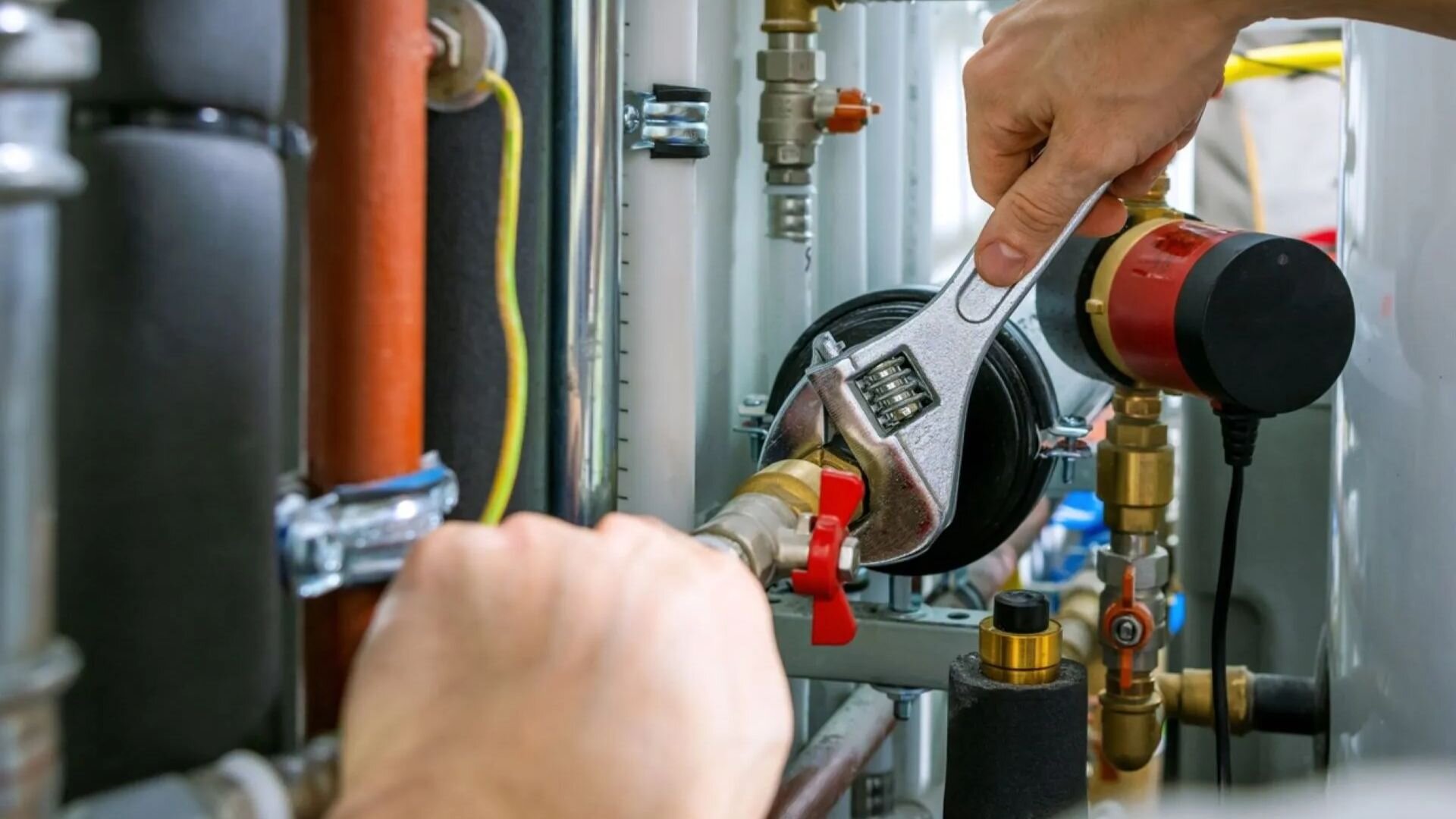The Basics of Bathroom Plumbing: Key Guidelines for First-Time Home Buyers
The Basics of Bathroom Plumbing: Key Guidelines for First-Time Home Buyers
Blog Article
How do you really feel in regards to Essential DIY Bathroom Plumbing Tips Every Homeowner?

For new home owners, understanding and maintaining bathroom plumbing can conserve both time and money by preventing costly problems down the line. Right here are some vital shower room pipes tips to help you maintain every little thing running efficiently.
Get Ready For Cold Weather
Protect your pipelines from cold during cold weather by shielding pipelines in unheated areas like cellars, attic rooms, and garages. During extreme chilly, let cold water drip from faucets served by revealed pipelines to help avoid cold.
Set Up Regular Maintenance
Think about scheduling yearly examinations with an accredited plumbing professional. They can detect issues that you could miss out on, such as covert leakages or deterioration on pipelines and fixtures. Routine upkeep assists expand the life of your plumbing system and can protect against emergency situations.
Familiarize Yourself with the Key Shut-Off Shutoff
Understanding where the primary water shut-off shutoff lies in your home is crucial. This allows you to promptly switch off the water supply in case of significant leakages or throughout pipes emergencies, protecting against extensive water damages.
Consistently Evaluate for Leaks
Small leaks can result in big troubles. Regularly inspect under sinks, around toilets, and near pipes components for any kind of indications of leaks. Search for dampness, small drips, or corrosion. Capturing and fixing leakages early can avoid much more serious damages and conserve water.
Keep Your Hot Water Heater
Guarantee your water heater is readied to an ideal temperature level (typically around 120 degrees Fahrenheit) to stop scalding and reduce power usage. Flush the tank annually to eliminate debris buildup, which can decrease the effectiveness and life expectancy of your heating unit.
Update Your Fixtures
If your home has older fixtures, consider upgrading to much more reliable models. Modern commodes, showerheads, and faucets are developed to make use of less water while supplying good pressure, which can significantly decrease your water costs and ecological footprint.
Be Cautious with Do It Yourself Plumbing Repairs
While it's appealing to manage all home repairs on your own, beware with pipes. Some concerns could need professional know-how, particularly if they involve primary water lines or sewer repair services. Hiring a specialist can often be a lot more affordable than DIY, specifically if it avoids additional damages.
Do Not Overlook Slow Drains Pipes
If your sink or bathtub is draining gradually, it's often an indication of an obstruction forming. Addressing this very early can avoid a complete blockage. Utilize a plunger or a plumbing professional's snake to remove particles. Stay clear of making use of chemical drainpipe cleansers as they can damage your pipes over time.
Know What Not to Flush
Commodes are not waste disposal unit. Stay clear of purging anything other than toilet paper and human waste. Items like wipes, feminine health items, and cotton swabs should be gotten rid of in the trash to avoid blockages and drain back-ups.
Set Up Strainers in Drains
Area strainers in your sink and bath tub drains to capture hair and various other debris before they enter your pipes system. Cleaning up the filters consistently will aid stop accumulation and keep water moving easily.
Conclusion
Recognizing and keeping your home's shower room plumbing can stop lots of typical issues. By adhering to these vital pointers, you can ensure your shower room remains functional and effective, saving you money and time in the long run.
Essential Plumbing Tips for Homeowners: Keep Your Pipes Flowing Smoothly
As a homeowner, understanding the basics of your plumbing system can save you time, money, and a lot of headaches. Plumbing issues can range from minor annoyances like dripping faucets to major problems like burst pipes that cause significant damage. This guide provides essential tips to help you maintain your plumbing system and tackle common issues.
Understanding Your Plumbing System
Supply System: Brings fresh water into your home from a municipal source or a well. Drain-Waste-Vent System: Removes wastewater and vents sewer gases outside. Fixtures and Appliances: Includes sinks, toilets, showers, dishwashers, and washing machines. Basic Maintenance Tips
Regular Inspections: Periodically check for leaks, corrosion, and other signs of wear and tear. Look under sinks, around toilets, and near water heaters. Know Your Main Shut-Off Valve: In case of a major leak, you’ll need to shut off the water quickly. Ensure everyone in your household knows where the main shut-off valve is located. Prevent Frozen Pipes: In cold climates, insulate exposed pipes and let faucets drip during extreme cold to prevent freezing. Use Strainers: Install strainers in sinks and tubs to catch hair, food particles, and other debris that can cause clogs. Common Plumbing Issues and Solutions
Clogged Drains:
Prevention: Avoid pouring grease down the drain and use drain screens to catch debris. DIY Fix: Use a plunger or a plumbing snake to clear minor clogs. For stubborn clogs, a mixture of baking soda and vinegar can sometimes help. Leaky Faucets:
Prevention: Replace washers and seals regularly. DIY Fix: Turn off the water supply, disassemble the faucet, and replace worn parts.

Visit Our Website Report this page